Clearing Fine Dust
입력 2017.09.27 (14:03)
수정 2017.09.27 (14:13)
읽어주기 기능은 크롬기반의
브라우저에서만 사용하실 수 있습니다.
[Anchor Lead]
Autumn has arrived in Korea, but the typically brilliant blue skies have instead been clouded with particulate matters, compelling the government to introduce tougher countermeasures. The government has vowed to reduce fine dust by 30% by 2022.
[Pkg]
Last year's average concentration of fine particulate matters in Korea stood at double the level recommended by the World Health Organization. The number of days with "bad" air quality amounted to 258. In order to address such a serious fine dust problem, the government first decided to suspend the operation of five outdated coal power plants between March and June of next year, when fine dust storms are at their worst. Also, an emergency measure such as driving on alternate days will be put in place if necessary. The government plans to toughen the fine particulate matter standards to the advanced countries' levels by next year.
[Soundbite] Ahn Byung-ok(ice Minister of Environment) : "We'll do our best to come up with measures to protect the health of children and the elderly."
The government will also take fundamental measures to cut down on local pollution sources. Seven coal power plants that are more than 30 years old will be closed down by 2022 and four new coal power plants that just went into construction, with the process rates of under 10%, will be converted into ones that run on LNG or other environmentally-friendly fuels. Also, some 2.2 million or nearly 80% of all aged diesel vehicles will be scrapped prematurely. Such vehicles will be restricted from running in the metropolitan area and entering kindergarten school compounds. Instead, the government plans to make 2 million green cars available. In order to keep out the fine dust coming in from China, which is responsible for much of Korea's air pollution problem, the fine particulate matter issue will be upgraded to an agenda at the Korea-China summit and joint studies on the air quality in eastern China will be expanded. The government expects these measures costing 7.2 trillion won would reduce local fine dust emission by 31.9% over the next five years and the number of "bad" air quality days by 180, a figure down 70% from the current level.
Autumn has arrived in Korea, but the typically brilliant blue skies have instead been clouded with particulate matters, compelling the government to introduce tougher countermeasures. The government has vowed to reduce fine dust by 30% by 2022.
[Pkg]
Last year's average concentration of fine particulate matters in Korea stood at double the level recommended by the World Health Organization. The number of days with "bad" air quality amounted to 258. In order to address such a serious fine dust problem, the government first decided to suspend the operation of five outdated coal power plants between March and June of next year, when fine dust storms are at their worst. Also, an emergency measure such as driving on alternate days will be put in place if necessary. The government plans to toughen the fine particulate matter standards to the advanced countries' levels by next year.
[Soundbite] Ahn Byung-ok(ice Minister of Environment) : "We'll do our best to come up with measures to protect the health of children and the elderly."
The government will also take fundamental measures to cut down on local pollution sources. Seven coal power plants that are more than 30 years old will be closed down by 2022 and four new coal power plants that just went into construction, with the process rates of under 10%, will be converted into ones that run on LNG or other environmentally-friendly fuels. Also, some 2.2 million or nearly 80% of all aged diesel vehicles will be scrapped prematurely. Such vehicles will be restricted from running in the metropolitan area and entering kindergarten school compounds. Instead, the government plans to make 2 million green cars available. In order to keep out the fine dust coming in from China, which is responsible for much of Korea's air pollution problem, the fine particulate matter issue will be upgraded to an agenda at the Korea-China summit and joint studies on the air quality in eastern China will be expanded. The government expects these measures costing 7.2 trillion won would reduce local fine dust emission by 31.9% over the next five years and the number of "bad" air quality days by 180, a figure down 70% from the current level.
■ 제보하기
▷ 카카오톡 : 'KBS제보' 검색, 채널 추가
▷ 전화 : 02-781-1234, 4444
▷ 이메일 : kbs1234@kbs.co.kr
▷ 유튜브, 네이버, 카카오에서도 KBS뉴스를 구독해주세요!
- Clearing Fine Dust
-
- 입력 2017-09-27 14:02:01
- 수정2017-09-27 14:13:07
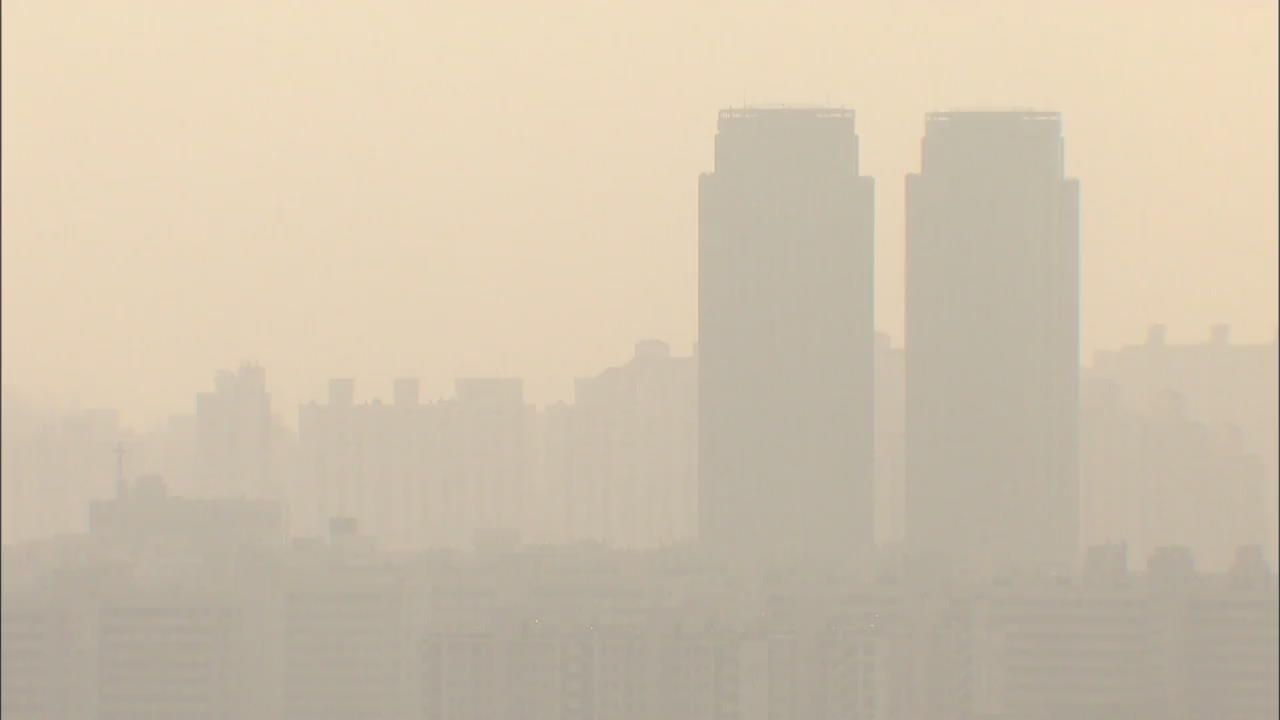
[Anchor Lead]
Autumn has arrived in Korea, but the typically brilliant blue skies have instead been clouded with particulate matters, compelling the government to introduce tougher countermeasures. The government has vowed to reduce fine dust by 30% by 2022.
[Pkg]
Last year's average concentration of fine particulate matters in Korea stood at double the level recommended by the World Health Organization. The number of days with "bad" air quality amounted to 258. In order to address such a serious fine dust problem, the government first decided to suspend the operation of five outdated coal power plants between March and June of next year, when fine dust storms are at their worst. Also, an emergency measure such as driving on alternate days will be put in place if necessary. The government plans to toughen the fine particulate matter standards to the advanced countries' levels by next year.
[Soundbite] Ahn Byung-ok(ice Minister of Environment) : "We'll do our best to come up with measures to protect the health of children and the elderly."
The government will also take fundamental measures to cut down on local pollution sources. Seven coal power plants that are more than 30 years old will be closed down by 2022 and four new coal power plants that just went into construction, with the process rates of under 10%, will be converted into ones that run on LNG or other environmentally-friendly fuels. Also, some 2.2 million or nearly 80% of all aged diesel vehicles will be scrapped prematurely. Such vehicles will be restricted from running in the metropolitan area and entering kindergarten school compounds. Instead, the government plans to make 2 million green cars available. In order to keep out the fine dust coming in from China, which is responsible for much of Korea's air pollution problem, the fine particulate matter issue will be upgraded to an agenda at the Korea-China summit and joint studies on the air quality in eastern China will be expanded. The government expects these measures costing 7.2 trillion won would reduce local fine dust emission by 31.9% over the next five years and the number of "bad" air quality days by 180, a figure down 70% from the current level.
Autumn has arrived in Korea, but the typically brilliant blue skies have instead been clouded with particulate matters, compelling the government to introduce tougher countermeasures. The government has vowed to reduce fine dust by 30% by 2022.
[Pkg]
Last year's average concentration of fine particulate matters in Korea stood at double the level recommended by the World Health Organization. The number of days with "bad" air quality amounted to 258. In order to address such a serious fine dust problem, the government first decided to suspend the operation of five outdated coal power plants between March and June of next year, when fine dust storms are at their worst. Also, an emergency measure such as driving on alternate days will be put in place if necessary. The government plans to toughen the fine particulate matter standards to the advanced countries' levels by next year.
[Soundbite] Ahn Byung-ok(ice Minister of Environment) : "We'll do our best to come up with measures to protect the health of children and the elderly."
The government will also take fundamental measures to cut down on local pollution sources. Seven coal power plants that are more than 30 years old will be closed down by 2022 and four new coal power plants that just went into construction, with the process rates of under 10%, will be converted into ones that run on LNG or other environmentally-friendly fuels. Also, some 2.2 million or nearly 80% of all aged diesel vehicles will be scrapped prematurely. Such vehicles will be restricted from running in the metropolitan area and entering kindergarten school compounds. Instead, the government plans to make 2 million green cars available. In order to keep out the fine dust coming in from China, which is responsible for much of Korea's air pollution problem, the fine particulate matter issue will be upgraded to an agenda at the Korea-China summit and joint studies on the air quality in eastern China will be expanded. The government expects these measures costing 7.2 trillion won would reduce local fine dust emission by 31.9% over the next five years and the number of "bad" air quality days by 180, a figure down 70% from the current level.
이 기사가 좋으셨다면
-
좋아요
0
-
응원해요
0
-
후속 원해요
0










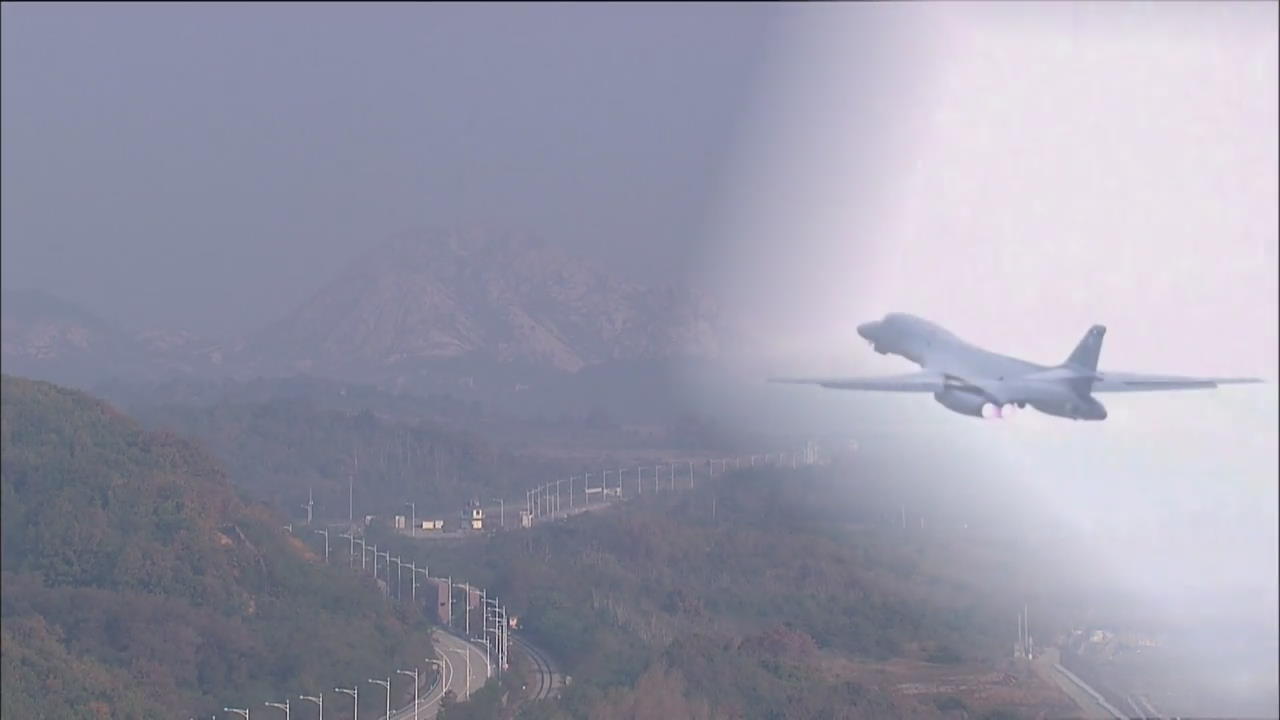
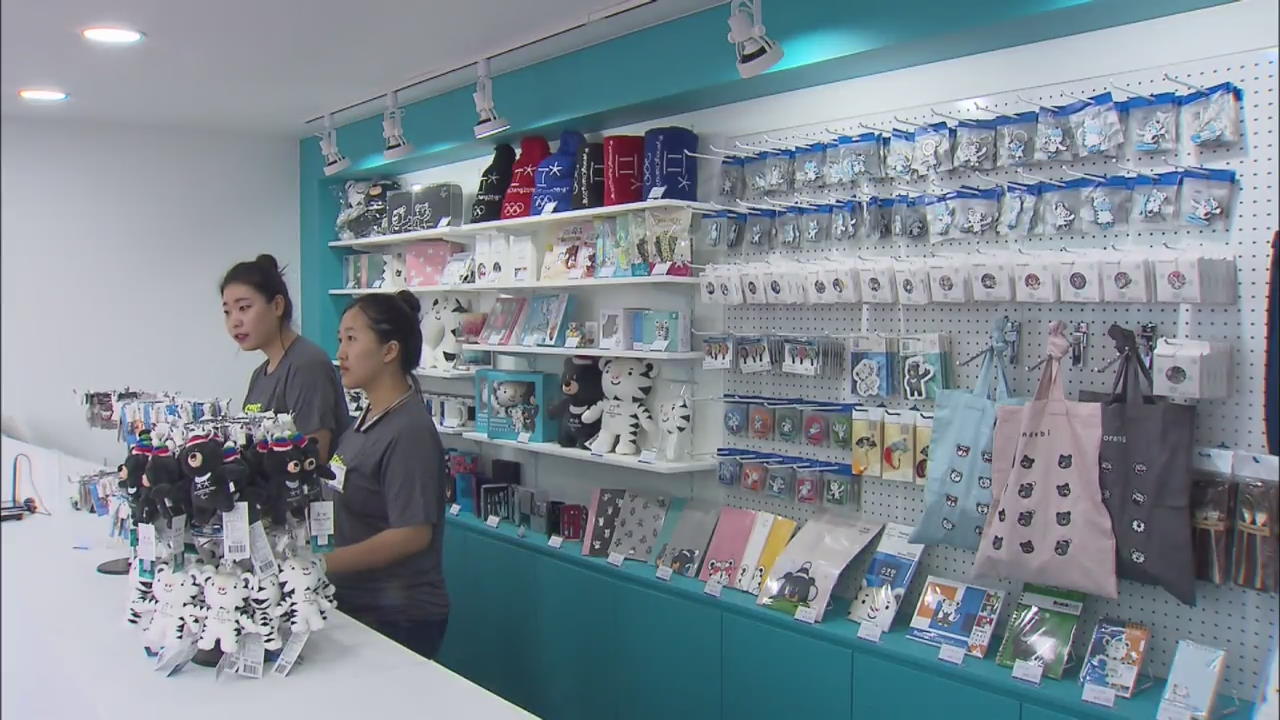

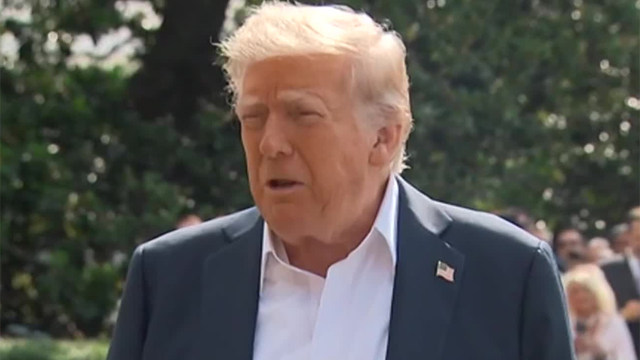
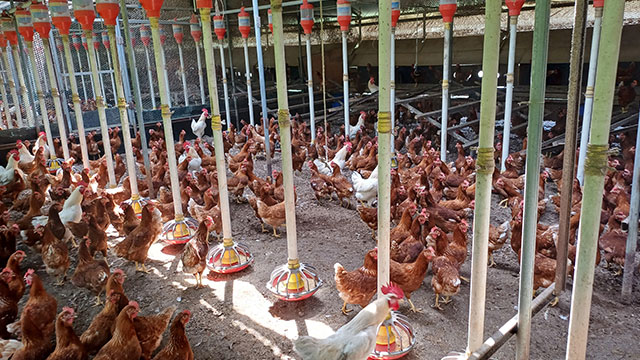
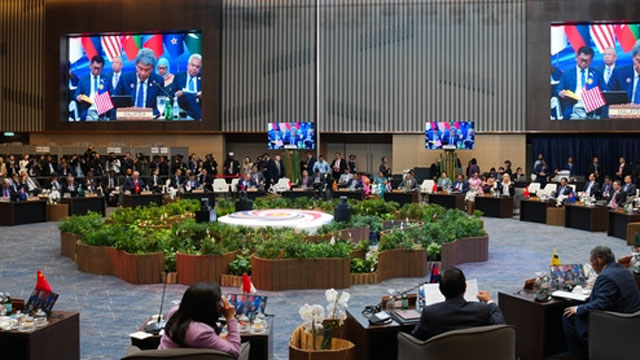

이 기사에 대한 의견을 남겨주세요.